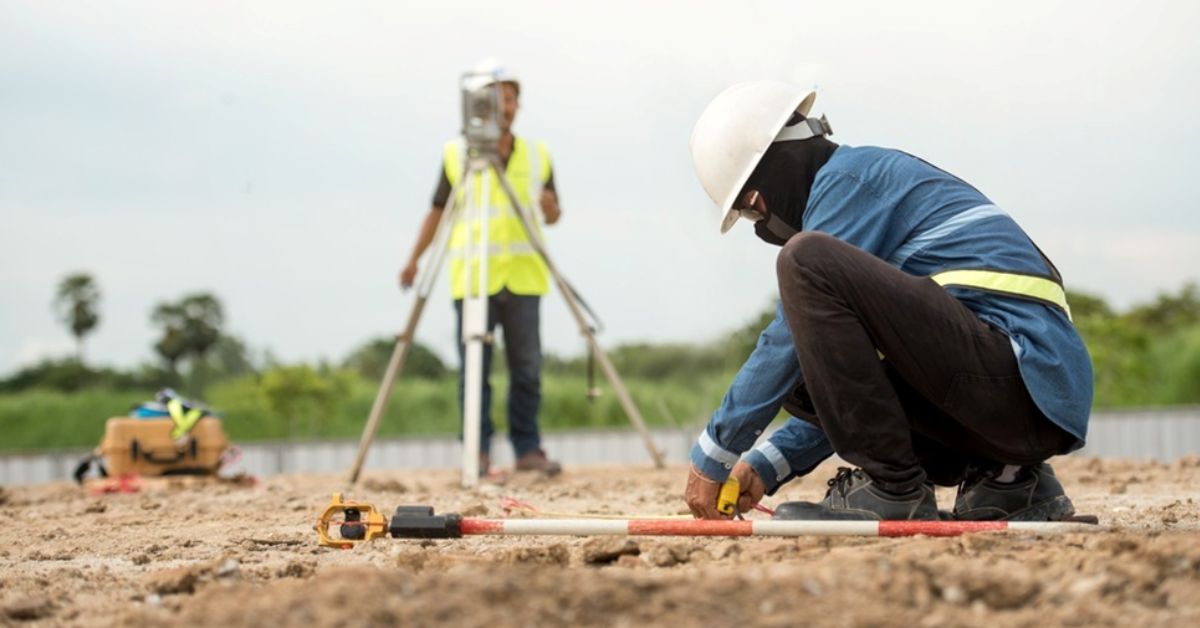Understanding the precise edges and contours of one’s property is not merely a matter of curiosity but a crucial factor in maintaining lawful ownership, resolving disputes, and planning development. The professional entrusted with this significant responsibility is the Registered Surveyor, a specialist whose expertise lies in accurately determining land boundaries and providing legal documentation of the findings.
The Significance of Accurate Land Surveying
Land surveying is not a modern construct; it is a practice that has been refined over centuries, becoming increasingly sophisticated with the advancement of technology. The accuracy of a land survey is paramount because it affects a wide array of socioeconomic and legal activities. These include the sale and purchase of land, architectural design and building, as well as the delineation of public and private land for legal and regulatory purposes.
The Expertise of a Registered Surveyor
A Registered Surveyor is not just a proficient measurer of land but also a professional certified by governing bodies to endorse the accuracy of their work. These surveyors undergo stringent educational and practical training, equipping them with the knowledge of property law, environmental regulation, and advanced surveying techniques necessary to ensure their practised judgement is both accurate and reliable.
Services Offered by Registered Surveyors
Registered Surveyors offer a multitude of services that cater to the needs of individuals, businesses, and governmental agencies. Among their services is the defining of property lines, which proves crucial when disputes between landowners arise. Their work also includes the preparation of site planning surveys, construction staking, and the computation of land volume necessary for large-scale projects such as road construction and landscaping.
Technology in Modern Surveying
The tools employed by Registered Surveyors have evolved considerably over the years. Today, they use advanced equipment such as GPS, drones, and laser scanning, aiding them in delivering more precise and efficient surveys. This technological leap not only increases the speed at which surveys can be conducted but also vastly improves the reliability of the data collected.
The Importance of Choosing a Registered Surveyor
Selecting a Registered Surveyor is a critical choice that can have long-term consequences for anyone dealing with land-related activities. This decision should not be taken lightly, as the surveyor’s role extends beyond measuring; they are often called upon to serve as expert witnesses in court over boundary disputes and to advise on potential land development suitability.
Legal Standing and Compliance
The work of Registered Surveyors is often instrumental in legal proceedings, as the maps and documents they provide can serve as legal evidence of property boundaries. In many jurisdictions, the law requires a Registered Surveyor’s involvement in the division or development of land. This ensures that all changes are made in compliance with local land-use laws, zoning codes, and environmental regulations.
Engaging a Registered Surveyor in Land Transactions
The role of a Registered Surveyor is particularly significant when it comes to land transactions. Their surveys can reveal encroachments, easements, and rights of way that may not be visible to the untrained eye. Providing clarity on these matters before a property transaction can prevent costly and stressful legal battles after the fact.
Surveyors and Property Development
For those looking to develop property, whether erecting a building, fencing, or engaging in any form of construction, the Registered Surveyor’s input is invaluable. They ensure that all development is situated correctly within the property boundaries and that the new structures comply with regulatory setback requirements and other restrictions.
Project Planning and Registered Surveyors
Even at the project planning stage, the insights of a Registered Surveyor can save time and resources. Their surveys serve as the foundation for design and planning, identifying potential issues such as topographic elevations that could impact construction choices. Developers thus depend on the precision of surveys to guide their decision-making processes.
Continual Education and Standards
Registered Surveyors are also committed to continued professional development. They stay abreast of innovations in technology, legal changes, and industry best practices to provide their clients with the highest standards of service. This continual learning ensures that surveyors maintain their registration and serve the public interest with the most current and accurate geographic information.
The Community Benefit of Surveying
The work of Registered Surveyors extends beyond individual landowners and developers; it is essential for the broader community. Properly conducted surveys help to create precise maps used by emergency services, assist in environmental conservation, and facilitate infrastructural projects that benefit society as a whole.
Conclusion: The Centrality of Registered Surveyors
In the complex and ever-evolving world of property development, urban planning, and land ownership, the need for precise and legally binding land surveys is undeniable. The role of a Registered Surveyor is at the heart of these processes. Their work ensures that property boundaries are navigated with precision and that every stakeholder—from the private landowner to the civic planner—operates with a clear and accurate picture of the land they are working with.
For those invested in any facet of land management or development, engaging with a Registered Surveyor’s services is not just a technical necessity but a strategic investment—one that safeguards rights, resolves conflicts, and pioneers a path for progress built on a foundation of meticulously mapped terrain.
ALSO READ: Mini Piling Manchester – Cost-Effective Foundation Solutions

